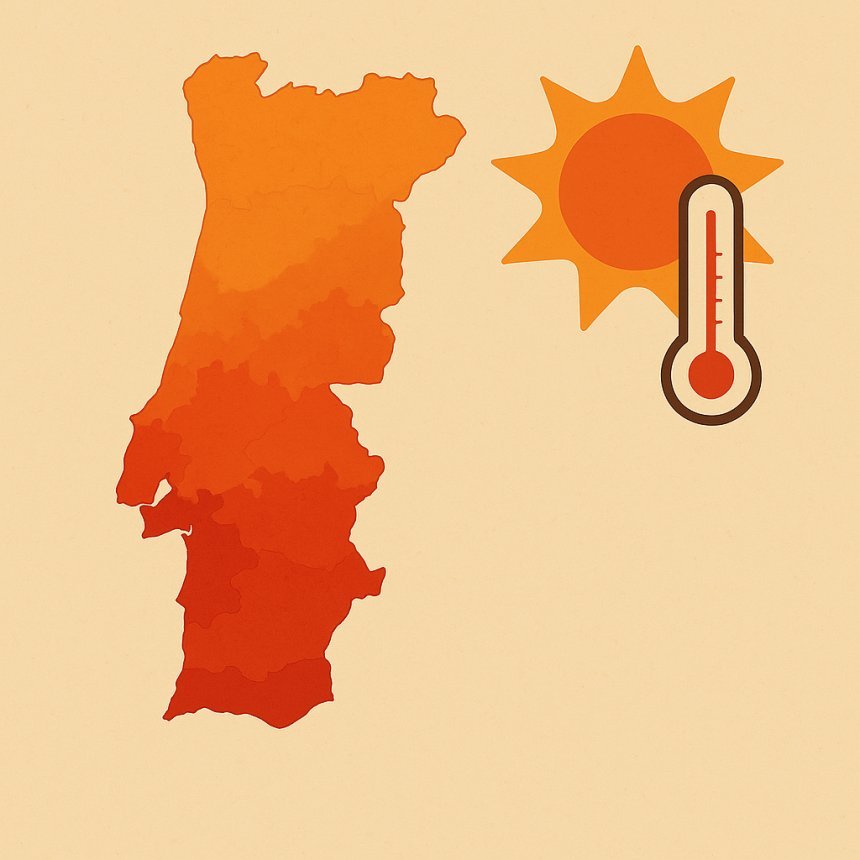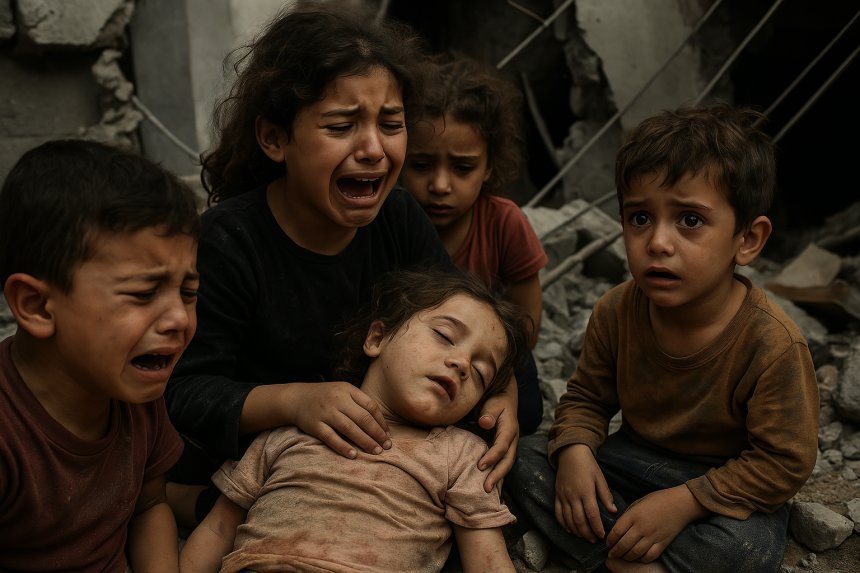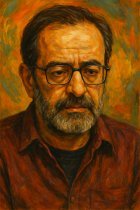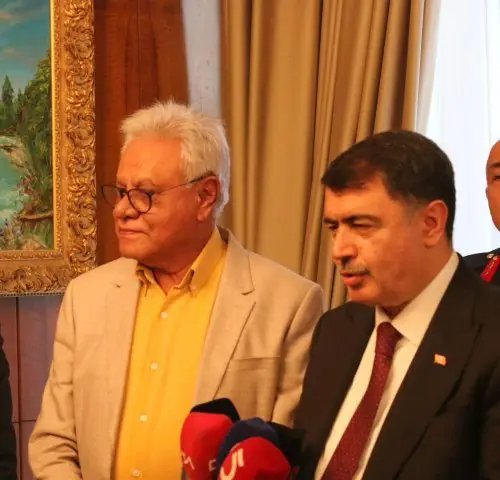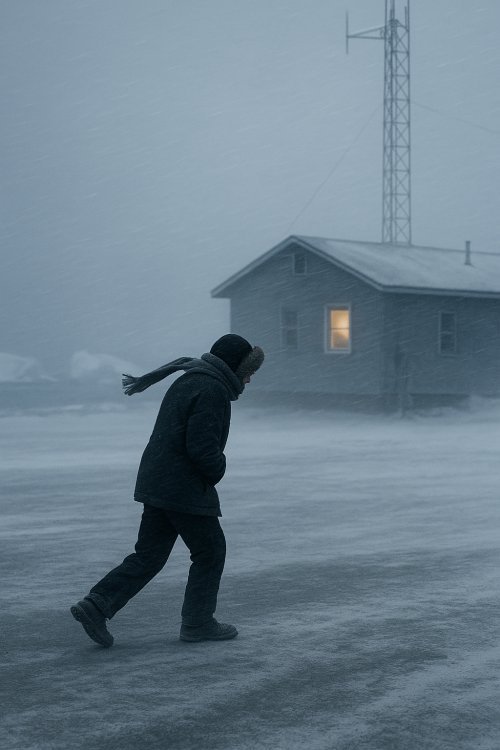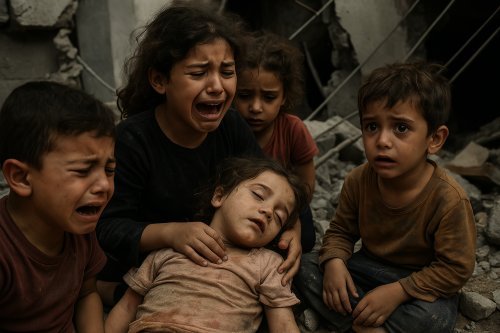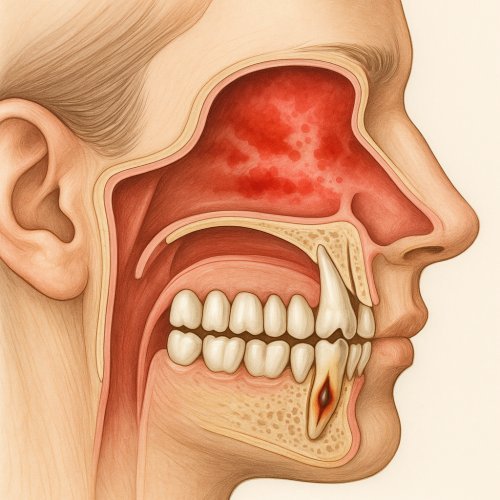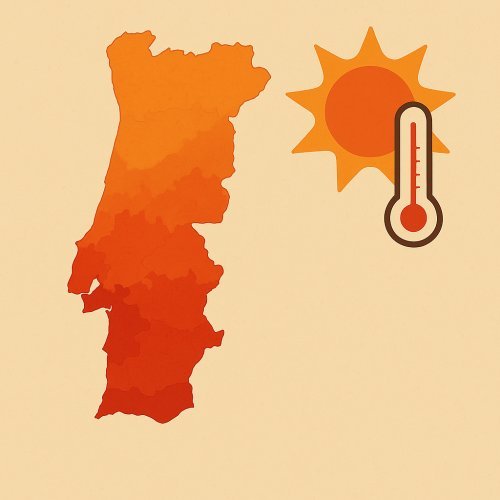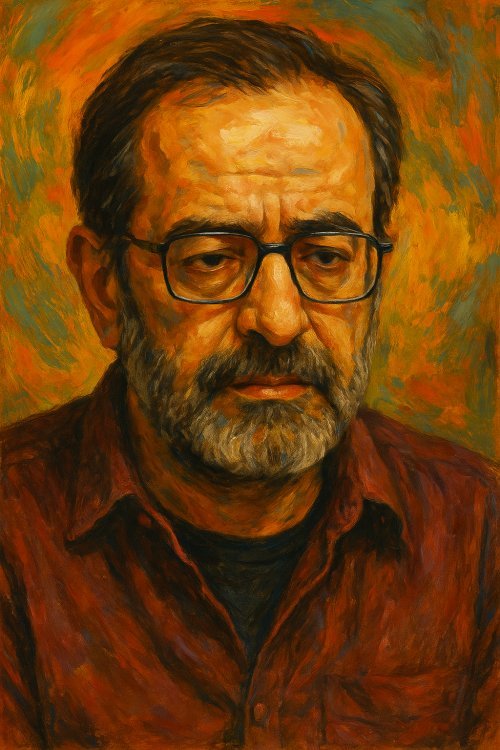Suggested Headline: “The Last Note: Ziad Rahbani’s Passing Silences a Revolutionary Voice in Arab Music”
Lebanese composer and playwright Ziad Rahbani has passed away. Known for revolutionizing Arab music and supporting the Palestinian cause, his work with Fairuz made him a global icon. He leaves behind a legacy of politically charged art that gave voice to the people.
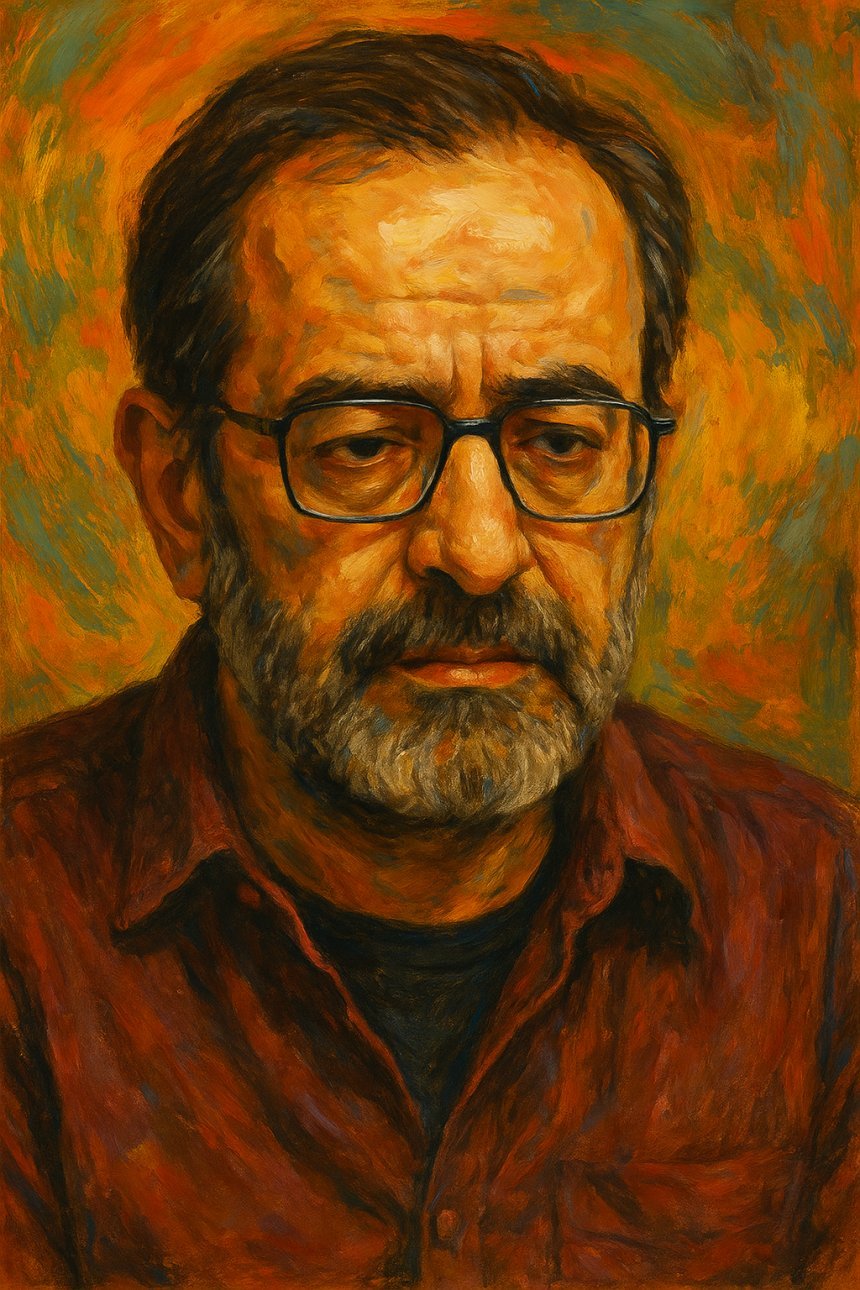
Lebanese musician and composer Ziad Rahbani, son of legendary singer Fairuz and a pioneer of fusion jazz, has died of a heart attack at the age of 69.
“On Saturday at 9:00am, the heart of the great artist and creator Ziad Rahbani stopped beating,” said a statement from the Beirut hospital where he was being treated.
Rahbani influenced generations of Lebanese people with his plays and songs, many of which are still quoted verbatim across age groups.
As the son of Fairuz and composer Assi Rahbani, Ziad carried forward a musical legacy that transformed Arabic song through unique blends of Western classical, Russian, Latin American, and Middle Eastern rhythms.
“I admire the music of composers like Charlie Parker, Stan Getz and Dizzy Gillespie,” Rahbani once said. “But my music is not Western, it’s Lebanese, with a different way of expression.”
He popularized “oriental jazz” by composing innovative pieces for Fairuz that appealed to younger audiences and redefined Arabic music.
Lebanon’s leaders paid heartfelt tribute to the artist, describing him as a creative force and a bold voice of resistance.
President Joseph Aoun called him “a living conscience, a voice that rebelled against injustice, and a sincere mirror of the oppressed and marginalised.” Prime Minister Nawaf Salam added that Rahbani was “a free voice that remained faithful to the values of justice and dignity.”
Rahbani’s work reflected Lebanon’s rich but fractured cultural identity—its golden age, its descent into civil war, and its lingering sectarian tensions.
His breakout play Nazl el-Sourour (Happiness Hotel), written at age 17, portrayed working-class rebellion and political repression. Another acclaimed play, Bennesbeh Labokra Chou? (What About Tomorrow?), captured post-war disillusionment with lines like, “They say tomorrow will be better, but what about today?”
Known for blending Arabic melodies with jazz, funk, and classical traditions, Rahbani’s sound became instantly recognisable. His live shows, especially in the smoky clubs of Hamra, became iconic.
Although he made fewer public appearances in recent years, younger generations revived his legacy through online plays and music samples in protest movements. He remained vocal about Lebanon’s political gridlock and cultural decline.
“I feel like everything is over, I feel like Lebanon has become empty,” wrote Lebanese actress Carmen Lebbos, his former partner, on social media.
Ziad Rahbani is survived by his mother Fairuz, now 90, his sister Reema, and brother Hali.
Share
What's Your Reaction?
 Like
0
Like
0
 Dislike
0
Dislike
0
 Love
0
Love
0
 Funny
0
Funny
0
 Angry
0
Angry
0
 Sad
0
Sad
0
 Wow
0
Wow
0

